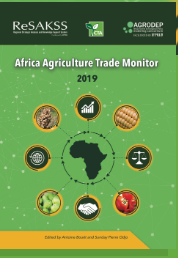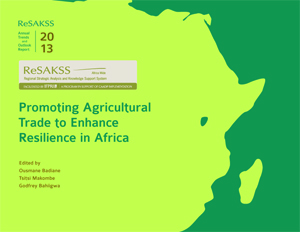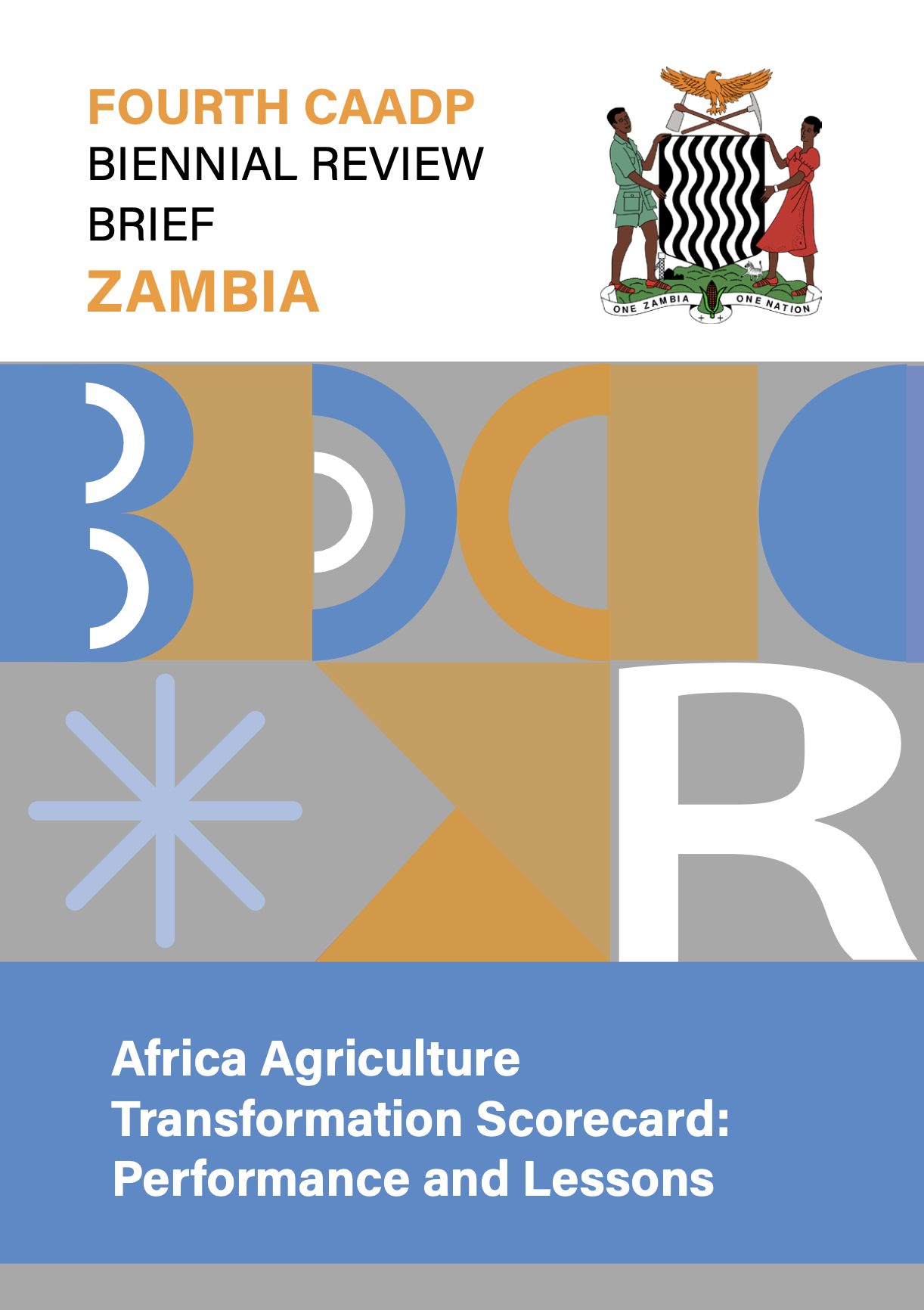
Following on from the first Africa Agriculture Trade Monitor (AATM) released in 2018, the 2019 report is the second flagship document to assess the emerging and long-term trends and drivers behind Africa’s regional and global trade in agricultural products.
A joint initiative of the International Food Policy Research Institute (IFPRI) and CTA, the 2019 AATM aims to examine two key points: 1) the effectiveness of regional trade initiatives in boosting economic integration and intra-African trade; and 2) the potential impact of broader integration on the continent’s trade performance in the context of emerging protectionism. The publication is thus timely, following both the recent launch of the African Continental Free Trade Area (AfCFTA) initiative in May 2019, which is expected to increase intra-African trade by 52% by 2022, and in light of the rising protectionist tensions between China and the US.
“The report makes clear that the AfCFTA is central to addressing many of the policy challenges associated with economic integration and agricultural trade that African countries face today,” says Ousmane Badiane, IFPRI’s director for Africa. “By reducing all trading costs, AfCFTA has the potential to spur growth through intraregional trade expansion, thus improving food security, diversifying the production base, and helping African producers to move up value chains,” he continues.
While the AfCFTA is seen as a ‘game changer’ that will deliver deeper regional integration and spur economic growth through the elimination of tariff and non-tariff barriers on most goods, among other developments, the report warns that Africa stands to lose out if the current protectionism policies and other trade barriers become more widespread globally. On the other hand, according to the authors of Chapter 5, the China-US trade war could work in Africa’s favour if the continent can take advantage of the changing patterns in global agricultural markets, and tensions remain confined to China and the US.
With regards to getting insight into Africa’s agricultural trade, access to – and the quality of – international statistics from this sector is reportedly limited. To address this problem and provide policymakers and development practitioners with an accurate estimate of trade in Africa, and worldwide, the publication’s authors created an analytical database based on the United Nations Commodity Trade Statistics Database. The data provides information on bilateral trade for 195 countries or groups of countries from 2005 to 2017.
Overall, while intraregional trade is still low compared to other regions of the world, according to the AATM findings, Africa has great potential to expand, especially with investments in trade-related infrastructure and improvements in policy. And, while growth in Africa’s agricultural imports has continued to outpace export growth, the agricultural trade deficit has been on the decline since 2012. The report highlights how the AfCFTA has the potential to accelerate regional and continental trade integration and foster industrialisation, thus improving food security, diversifying the production base and helping African producers move up the value chains.
This post first appears on SPORE (CTA) website.


